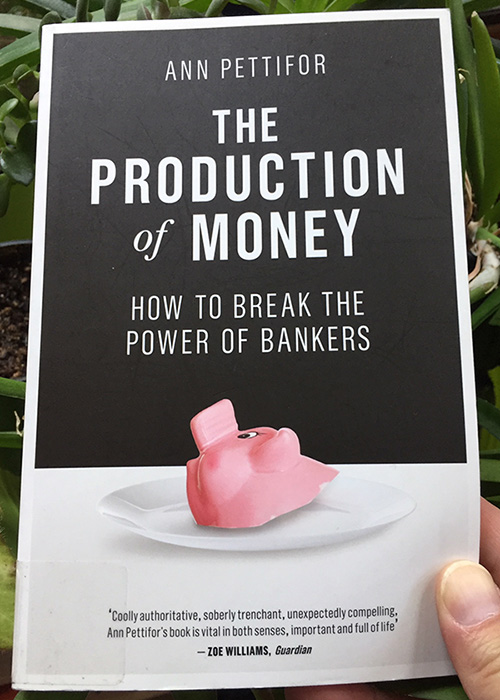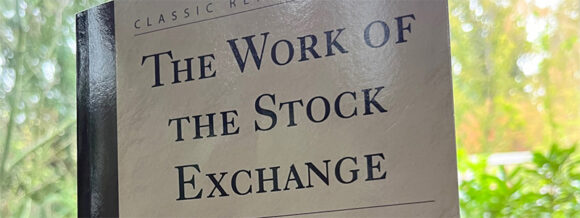
One of my hobbies is reading books on economics. (People do call me Luni after all). What I’ve learned from all this reading is that some economists can explain how an economy actually works, but have very odd, very wrong ideas on how should work.
Case in point today is The Production of Money by Ann Pettifor. The book explains how central banks don’t actually print money, that instead money is created by banks in their lending. She goes on to put all the ills of business cycles on the banks and the shadow banks, claims the solution is for governments to “take back” the power to create money, and they never gets around to explaining how to do that.
No government in the last 400 years has had this power Pettifor speaks of. The last major government to have the power to make money was the Roman Empire, when money was metal coins and gold bars, before the invention of paper money. But even then, the Roman Republic and Empire couldn’t control the value of that money and like paper money today, its value inflated over time too.
What really bugs me is that in the opening chapters were Pettifor explains how money is actually created, she cites the credit card in your wallet as an example. When you are first issued the card the account is $0, yet you can use that card as if it were filled with money up to your credit limit. Where does that money come from? Trust.
Money is nothing more than a hierarchical network of trust. The government highly regulates only a fraction of that network, printing the actual paper money, regulating the banks, and insuring their deposits. Elsewhere, the market is mostly free to set the cost of money (from interest rates to startup valuations) and to determine how much money is created or destroyed.
The whole purpose of central banks (see Lords of Finance and America’s Bank) is to put a modicum of control over the speed of money’s creation (and destruction), to smooth out the INEVITABLE booms and busts. Emphasis on “inevitable” as no system yet created has eliminated the cyclical nature of capitalism’s creative destruction.
It’s incredibly frustrating to read economists who ignore that reality, who equate lending with speculation rather than ever looking at why companies take on debt, and who blindly claim their solution is what Keynes would suggest, then suggest something that could never actually work.
Keynes gets picked on and criticized a lot in the last 50 years, but if there is one thing to say about Maynard is that he was right a lot more often than not. When in doubt, read what he actually wrote. He wrote quite a lot.














